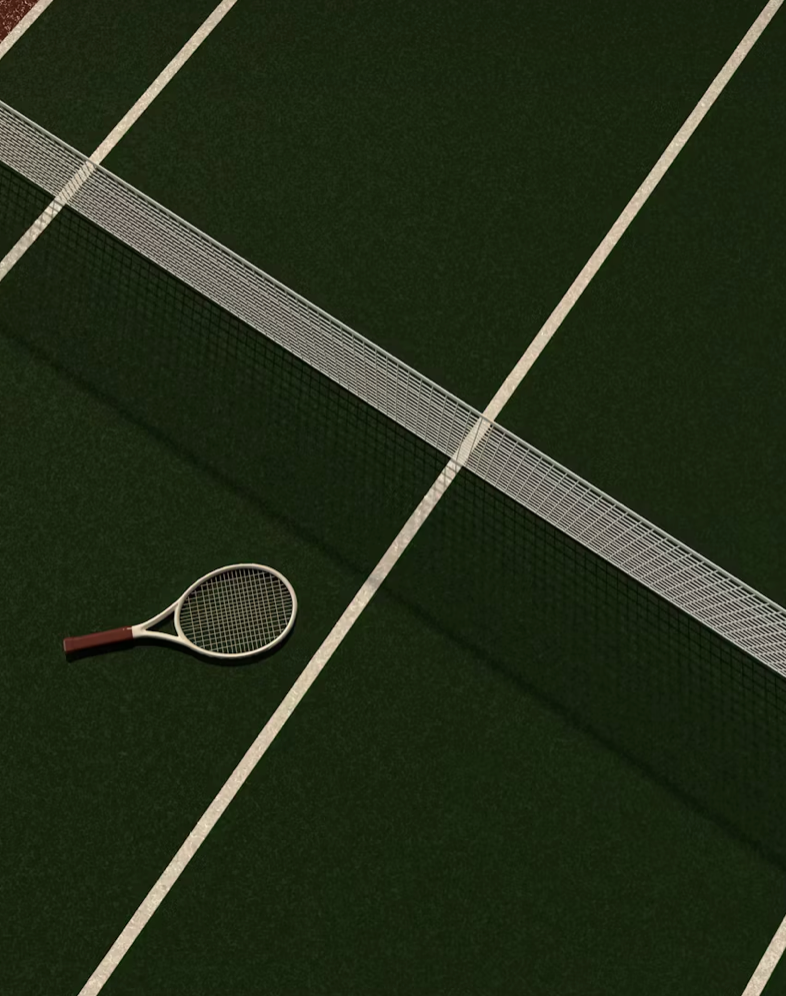
A Summer of Sport - and how sleep can affect performance
Share
This Wimbledon fortnight, we’re reminded of the importance of sleep in an athletes’ performance.
They compete at their best when they feel their best. The right amount of good quality sleep will outperform any training and food schedule, to ensure they feel refreshed, energised and ready for their challenge ahead. They are well trained to understand that neglecting the importance of sleep could well jeopardise their performance.
So how does sleep affect athletic performance?
The body repairs during the slow, deep sleep stage of a sleep cycle. If athletes are able to have a good amount of deep sleep each night, they are able to recover physically and mentally. The deep sleep stage is one of four in a sleep cycle, and we go through many cycles each night if we have uninterrupted, good quality sleep. Cycling through each sleep stage 6 or 7 times a night allows an athlete to feel most rested.
Physical recovery
We know that we need sleep and rest to recover from injuries. Thinking about how top athletes use their muscles compared to the average person, it makes sense that sleep is of paramount importance to their performance.
According to Mark D. Stephenson, MS, ATC, CSCS,*D, TSAC-F,*D, director of Tactical Research Development and Innovation at the Centre for Sports Performance and Research in the US, an athlete’s body repairs muscles best when it spends about 50% or more of its time asleep in deep sleep.
Without enough time in this stage, their body may not undergo enough repair for them to feel ready to train at nearly the same level as they had the day before. Quality sleep can help reduce muscle soreness and inflammation, allowing for faster recovery between training sessions.
Mental recovery
Just as athletes intensively use muscles throughout their bodies as they train and perform, their brain is also working overtime to send signals to those muscles to do their job.
And just like the muscles in their body, the brain also tires after intense performance and requires rest and recovery. Studies show that sleep deprivation can negatively impact reaction time, which is critical in many sports.
During deep sleep, cerebral spinal fluid washes over the brain and clears away debris that accumulates on its surface – almost like a ‘reset button’.
Without enough sleep, this debris can weaken signals from the brain. The weakened signals impact decision making, reaction time, and the pace at which an athlete moves their muscles.
Illness and injuries
Good sleep can facilitate faster and more efficient recovery from injuries, as well as helping to maintain a strong immune system, reducing the risk of falling ill and missing training or competition. It’s also proven to play a role in regulating heart rate and blood pressure, which are important for overall cardiovascular health.
What can we do to help your sleep?
At London & Avalon, we have long been advocates of the importance of sleep, it’s how our company came to be. When our founder, Stephanie, worked as a city lawyer with very few hours’ sleep a night, she very swiftly understood the need for good quality bed linen that would give her uninterrupted sleep - albeit for only a few precious hours.
She travelled around the mills of Europe and engaged with our now long terms partners who wove, tweaked and tested until a range of fabrics were created that we still use today – our Heritage and Island Collections.
We’re lucky enough to have a number of top athletes who sleep in our bed linen, and take pillowcases with them when they travel, which is the ultimate compliment.
